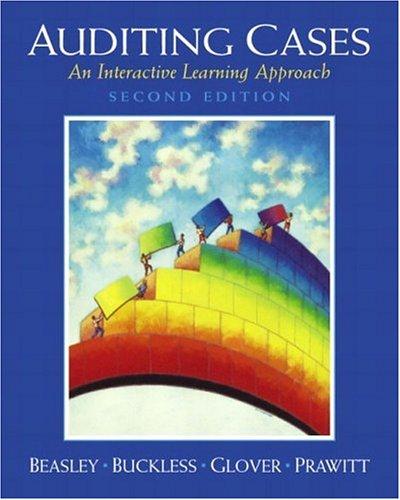Question
An auctioneer conducts a sequence of two English auctions to sell two identical objects to a group of three bidders. Each bidder possesses private values
An auctioneer conducts a sequence of two English auctions to sell two identical objects to a group of three bidders. Each bidder possesses private values for the object, which are randomly generated from a known and shared distribution denoted as F(v). The second object has no value to any of the bidders. In other words, for a bidder who already owns one of the objects, the value of obtaining the second object is zero.
Please show that: (a) a subgame perfect Nash equilibrium assigns the two objects to the bidders with the two highest values, (b) and the price paid by each will be the third highest value. Hint. Consider the following cases to structure your analysis. Suppose that b1 < v1 where b1 is player 1's bid and v1 is player 1's value for a single object. Then there are basically the following three potential cases to consider: (i) minfv2, v3g < b1, (ii) b1 minfv2, v3g v1, (iii) v1 < minfv2, v3g. Note that all the information above (but not bidders' private values) is common knowledge among bidders.
Step by Step Solution
There are 3 Steps involved in it
Step: 1

Get Instant Access with AI-Powered Solutions
See step-by-step solutions with expert insights and AI powered tools for academic success
Step: 2

Step: 3

Ace Your Homework with AI
Get the answers you need in no time with our AI-driven, step-by-step assistance
Get Started


